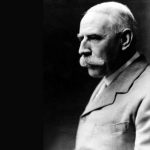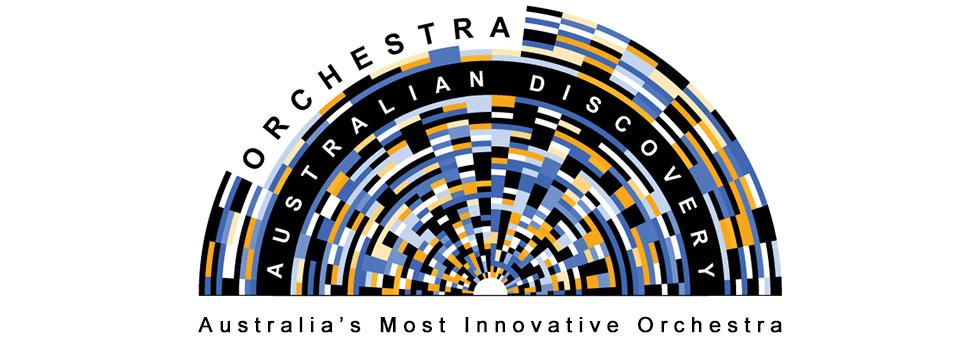
Sat. 31 August Events**
Festival Opening
7:00 pm
The premiere screening of a new, short-film introducing the life of Sir Arnold Edward Trevor Bax (1883-1953). Commissioned by the Australian Discovery Orchestra and created by Victor Kazan and Walter Dobrowolski, the film will also be available online during and after the Festival for further exploration.
7:15 pm
Pre-concert talk on the life of Sir Arnold Bax, discussing why this titan of 20th-Century British Music and Master of the King’s Music has been inexplicably neglected on the concert stage over the last 60 years. The talk will also give an introduction to the influence both Ireland and the idea of a ‘Celtic North’ had on Bax’s musical language and literary imagination up to the end of the Great War.

Speaker: Australian Discovery Orchestra Principal Conductor, Kevin Purcell
7:45 pm
Pro-Musica Orchestra

Conductor – John Ferguson
 Arnold E. T. Bax
Arnold E. T. Bax
Mediterranean for orchestra
Originally scored for piano, Mediterranean is a waltz in 3/8 time, having been composed after a trip Bax took to Majorca with his brother and fellow composer Gustav Holst. As an accomplished pianist, Bax knew the technical and timbral possibilities of the instrument intimately. He was quite adept at creating an atmosphere for these short programmatic “character” pieces. This work, which Bax ultimately arranged for orchestra, has a decidedly Spanish flair (similar to Ravel’s Alborada del gracioso, which also started life as a piano piece) and light-hearted wit.

Edward Elgar
King Arthur Suite
Edward Elgar (1857-1934) first became friendly with Lawrence Binyon, the celebrated British First World War poet, through his setting of three of Binyon’s poems as The Spirit of England, Elgar’s last cantata first performed in 1917. When, towards the end of 1922, Binyon was commissioned by London’s Old Vic theatre to write a play on the life of King Arthur, Binyon turned to Elgar to provide incidental music for the play.
Elgar completed a score of some 90 pages. Restricted by the orchestral forces at his disposal: they were flute (doubling piccolo), clarinet, 2 cornets, trombone, drums, percussion, harp, strings and piano, he scored eight of the nine dramatic scenes. Six of them are heard in this suite:
King Arthur and Sir Lancelot
Elaine
Banqueting Hall at Westminster
The Queen’s Tower at Night
Battle Scene
Arthur’s Journey to Avalon
Ignoring the incidental music tag – the label is inappropriate, the score contains some of Elgar’s most powerful and convincing post-1920 music. Michael Kennedy, in his book ‘A Portrait of Elgar’, describes it as “a superb score”. Elgar reworked the third scene, ‘Banqueting Hall at Westminster’ to form the basis of the second movement of his uncompleted third symphony later completed by Anthony Payne.
